Safdar Hashmi: Towards Theatre for a Democracy
Safdar Hashmi (1954–1989) became a national icon of resistance after his death on 2 January 1989, following a brutal attack while performing a street play. The firebrand artist, actor, playwright, poet, and activist was at the forefront of the development and subsequent popularity of street theatre, and his group, Jana Natya Manch (Janam), is still considered a leader in the genre of political theatre.
There is little reliable scholarship on the history of theatre in India and on Safdar Hashmi’s contribution to Indian theatre. This book fills both gaps through a close look at Safdar’s career, from his early life and the influences that formed him; to his first forays into theatre in Delhi in the 1970s; to the mature work he produced in the 1980s until his life was cruelly cut short; and finally, the legacy he left behind.
Examining the cultural and political environment of the time, Anjum Katyal places Safdar and Janam in the context of the larger history of Indian political theatre. She argues that with the development of a powerful, thought-provoking, and effective street theatre, Safdar was moving towards a vision and practice of democratic theatre. The book analyses how both he and Janam were part of a larger project of democratisation, and how democratic theatre can help to build a healthy democratic polity.
The author brings together sources ranging from detailed interviews, to writings by and on Safdar, as well as critical pieces on Janam’s theatre. The study is supplemented by her masterful English translations of three of Janam’s most popular plays: Machine, Hatyare, and Aurat.
This comprehensive study of Safdar Hashmi’s legacy will be invaluable to theatre institutions, students, scholars and researchers of performance studies, culture studies, and sociology, and those interested in a cultural history of Indian theatre.
Get it now and save 10%
BECOME A MEMBER

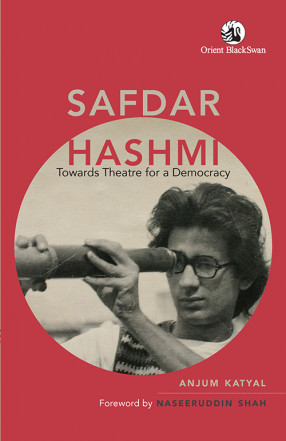
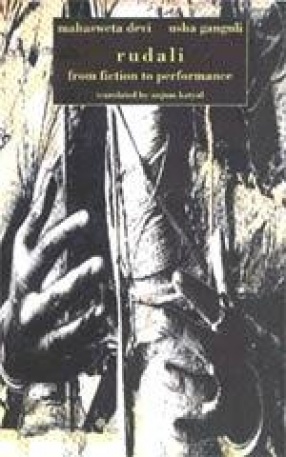

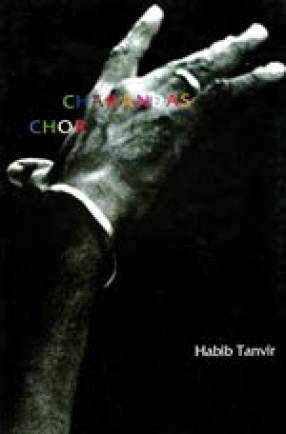
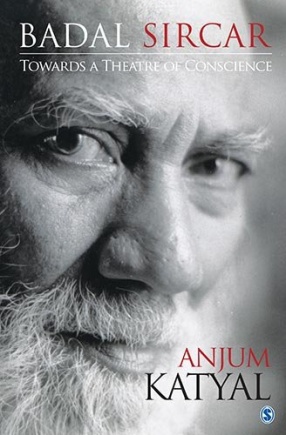
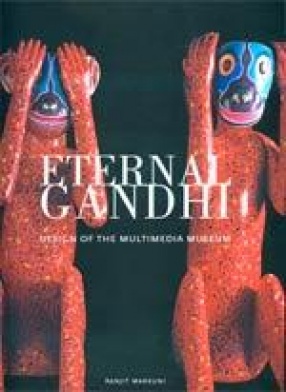
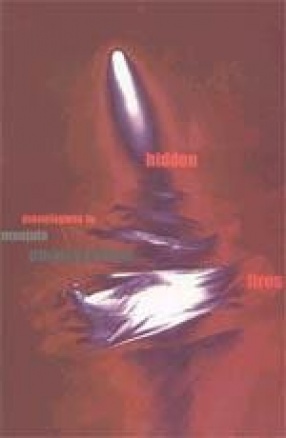
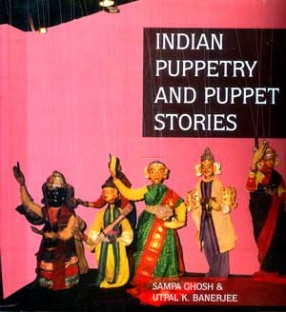
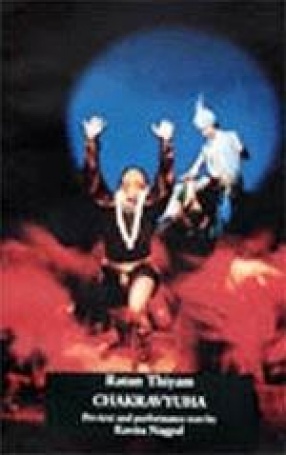

Bibliographic information